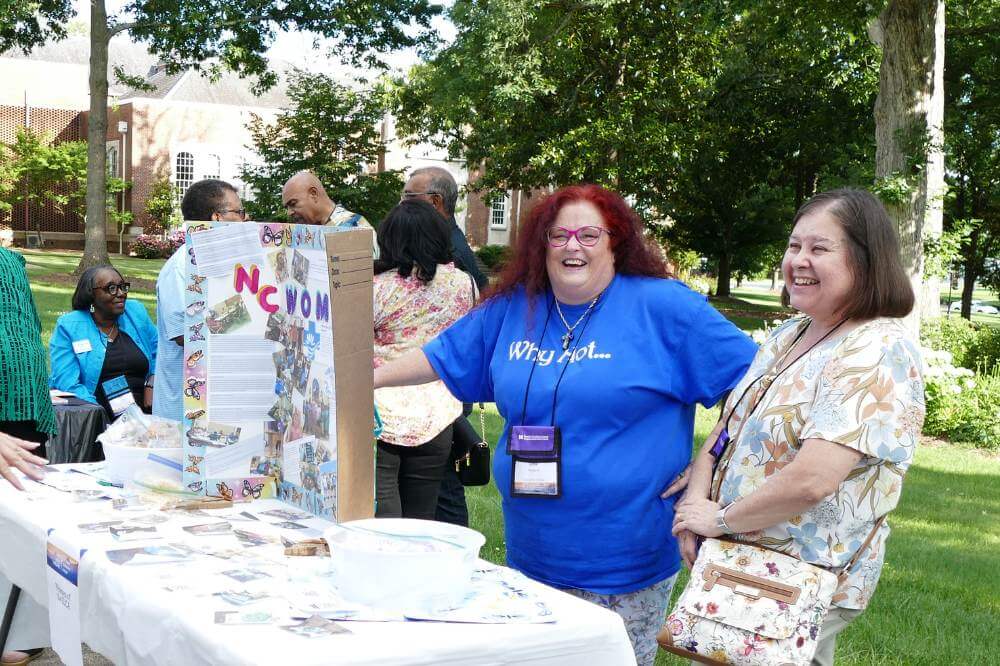There’s a word that has resurfaced with a vengeance during COVIDtide and even more so in our gradual realization that we haven’t—and won’t soon, if ever—really emerged from it. The word describes a paralyzing and debilitating condition that many of our rostered ministers have described lately to synod staff, colleagues, counselors, coaches, and spiritual directors. No doubt it’s real, but can we get beyond it? If so, how?
BURNOUT! We’ve all felt that circumstances, commitments, and expectations of others or of ourselves have converged to the point of exhaustion and apathy. Though we were taught to be on guard against it and to be vigilant in self-care, the vicious “Protestant work ethic” creeps in even on us, and with it eventually, burnout. “Love your neighbor as yourself” means we must love and care for self.
I always imagined burnout as a preventable and embarrassing character weakness of failure to take care of ourselves. That’s what I was taught, and as with most polarities, there’s some truth to it when we spin out of control with people-pleasing as our chief yet insatiable goal. I’ve always secretly felt a sense of pride when someone commented, “we don’t know how you do all that you do!”
But what if we approached burnout as something other than the inevitable result of our impossible vocation? Because everything is essential to someone, and everybody imagines they’re our boss. (Oh, and they have a little leverage with that because they not only pay us as clergy, but hold the keys to our income, our health insurance, and our 401K!)
But back to that different approach. A wise mentor of mine 30 years ago said, “Burnout isn’t being busy. Burnout is being busy and preoccupied with things that don’t matter.” Once again we are faced with a matter of priorities of a first-commandment nature. “You shall have no other gods before me.” That’s not to suggest that other realities are not very important or even noble or needful. The commandment is about God first. It’s about distinguishing and choosing the essential over the merely important.
Luther implied more than once that the busier you get, the more time you need to set aside in prayer, lest you become a reactionary slave to ceaseless demands. Prayer—both listening to and talking to God—is a critical part of the discernment of what matters and thus of avoiding burnout. So is Scripture reading. Listening to God. Listening to your life.
Father Francis Lonsway, a Franciscan, reminded me 30+ years ago when he helped manage Hickory’s Catholic Conference Center that, “There’s not a soul on this earth any busier than they choose to be. You may not like the consequences and choose to be busy in order to avoid them, but ultimately it’s your choice.” To me, that’s not the law of decision theology; that’s Gospel grace! Balance is key. Sabbath is necessary and commanded (not suggested), but being busy in between those Sabbaths with things that matter is a wondrous blessing as well. May you find your sweet spot balance of work and rest, and may your work be meaningful, and if it’s not, may you find other work!
Dear clergy and congregational lay leaders: The good news of Jesus Christ for the sake of the world still matters. Sometimes we have to learn to live a bit above the fray—not arrogantly, but aware that amid all the turmoil, conflict, and pettiness, we have a noble and necessary and blessed calling. We are privileged to do what we do, to walk with people in their greatest joys and deepest vulnerabilities, and in word and action proclaim a Word that at once uncovers brokenness for what it is and yet gives hope. May God grant you the grace to rejuvenate, step back, re-assess the changing culture, and apply yourself to this calling that matters immensely, even as you matter immensely as precious children of God.
Walking with you,





